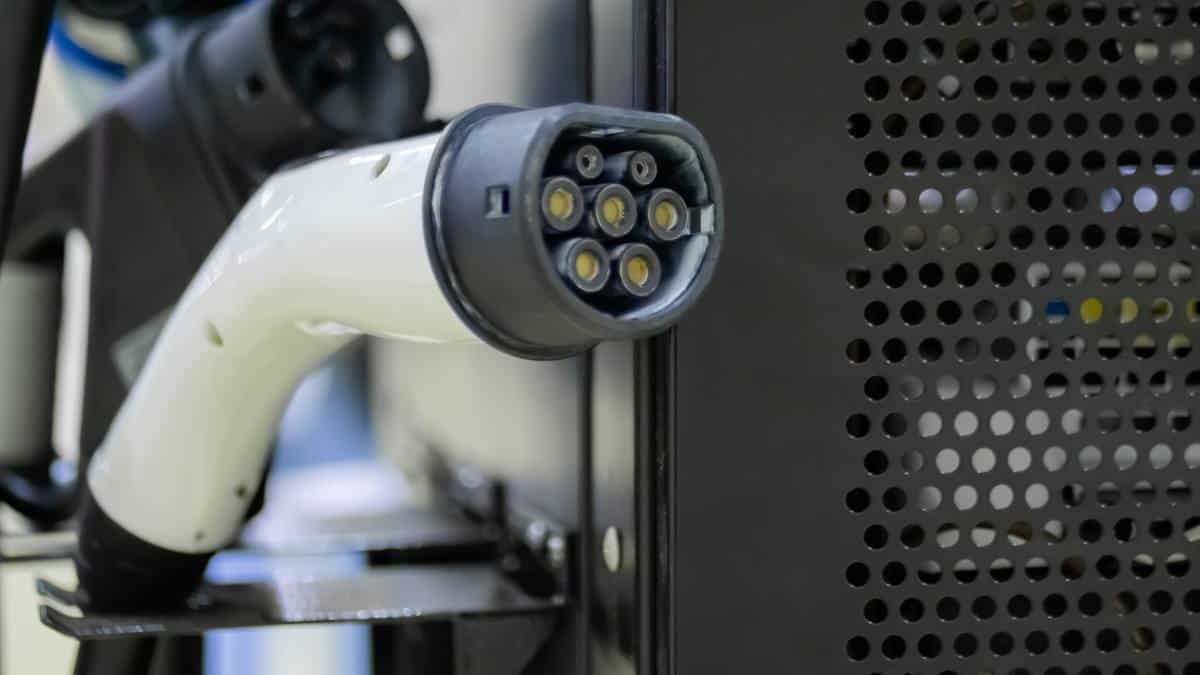The Indian government proudly told the Parliament on Tuesday that operational public electric vehicle charging stations across the country have already surpassed the 12,000 threshold, local magazine Swarajya reports.
Operational public charging stations to date
India’s nationwide public electric vehicle charging network has expanded to 12,146 stations as of February 2, 2024.
Maharashtra is home to the majority of charging stations at 3,079. Delhi followed with 1,886 charging stations, while Karnataka has 1,041. Kerala and Uttar Pradesh trail behind with 852 and 582 charging stations, respectively.
Union Heavy Industries Minister Krishan Pal Singh Gurjar indicated in a written response to a question in the Lok Sabha, the lower house of the Parliament of the country, that the ministry continues to work in advocating for electric vehicle adoption.
Minister Gurjar further outlined that EV charging infrastructure demand would rely on the following:
- Electric vehicles composition
- Running patterns
- Terrain and geography
- Urbanisation pattern
- EVs and charging equipment technology
“Since, all these factors are still evolving, there is no global consensus on number of charging points required for a certain number of EVs. The requirement is considered dynamic and in the wide range of 1 Charging Point per 20 EVs to 1 Charging Point per 150 EVs, depending upon aforementioned factors.”
Union Heavy Industries Minister Krishan Pal Singh Gurjar
Government initiatives
The Indian government has supported the electric vehicle industry since its emergence. It has been launching incentives and financial aid for customers who struggle to afford expensive EV models and for companies developing the country’s charging network.
For instance, the FAME-II scheme has already given out RS 5,228 crore in subsidies for 11,53,079 electric two-wheelers, three-wheelers, and passenger vehicles as of December 1, 2023.
The program also allotted Rs 800 crore to support oil giants Indian Oil, Bharat Petroleum, and Hindustan Petroleum’s plans to deploy 7,432 fast charging stations nationwide on March 28 last year.
Electricity tariffs cap
India seeks to make electric vehicle charging more affordable for drivers by apparently setting an electricity tariff limit for public stations.
The government limits the tariff for AC charging to Rs 2.50/unit during solar hours and Rs 3.50/unit during non-solar hours. Meanwhile, the DC fast charging tariff limit is Rs 10/unit to Rs 12/unit. It also offers rebates and surcharges depending on the average supply cost by DISCOMs, Republic TV reports.
All that said, the Indian government’s support for promoting the electric vehicle industry through enticing subsidies is indeed crucial for the country’s wider uptake of e-mobility.

